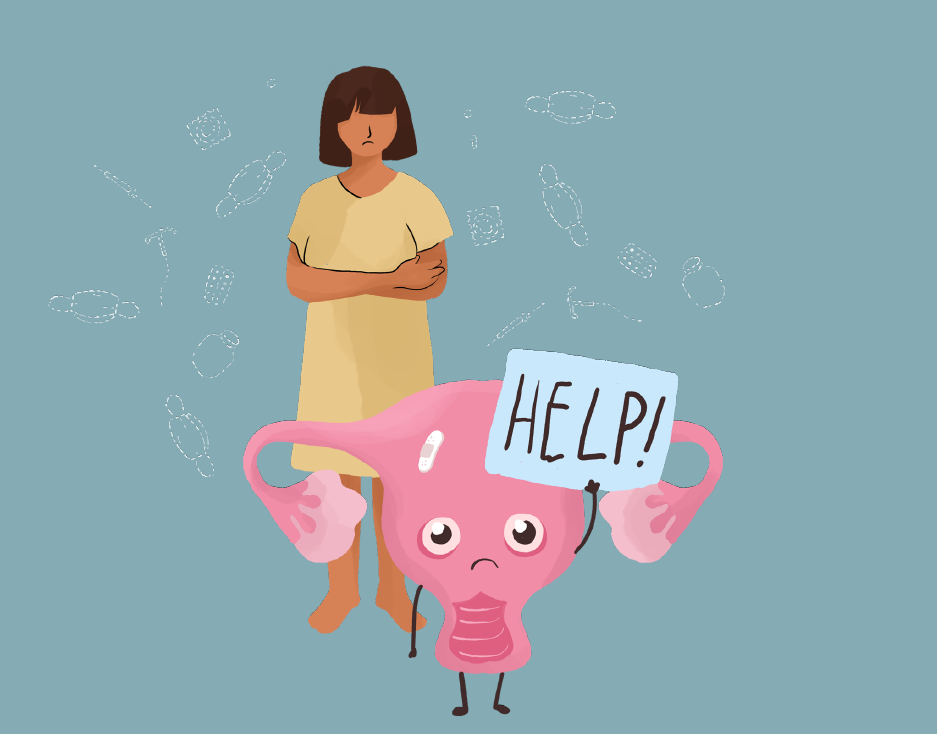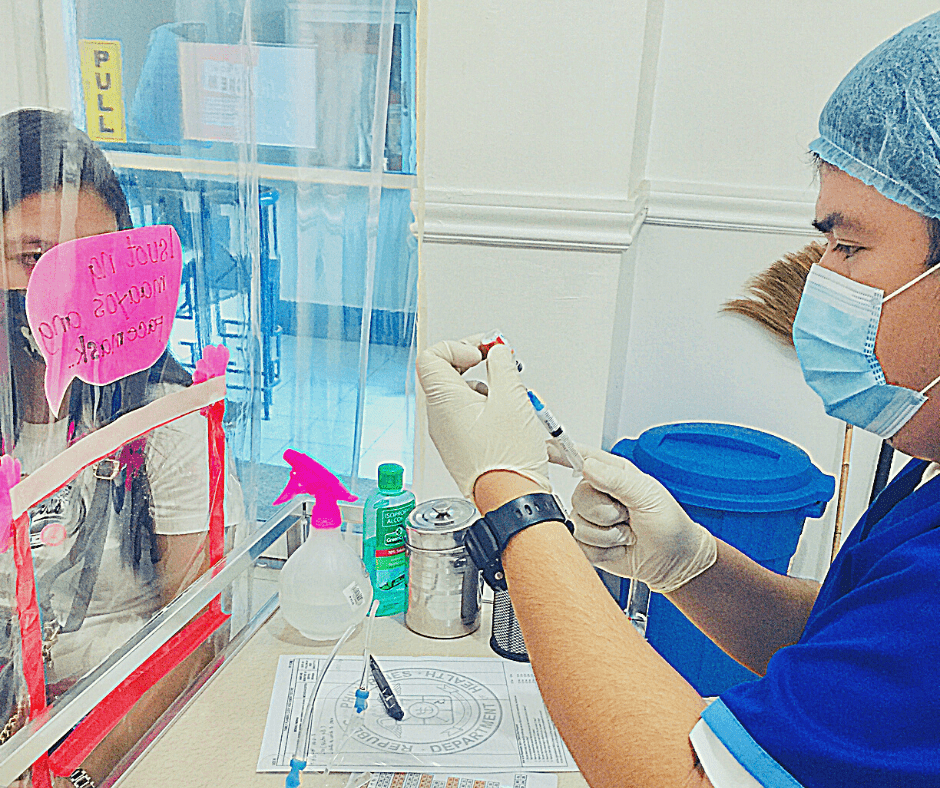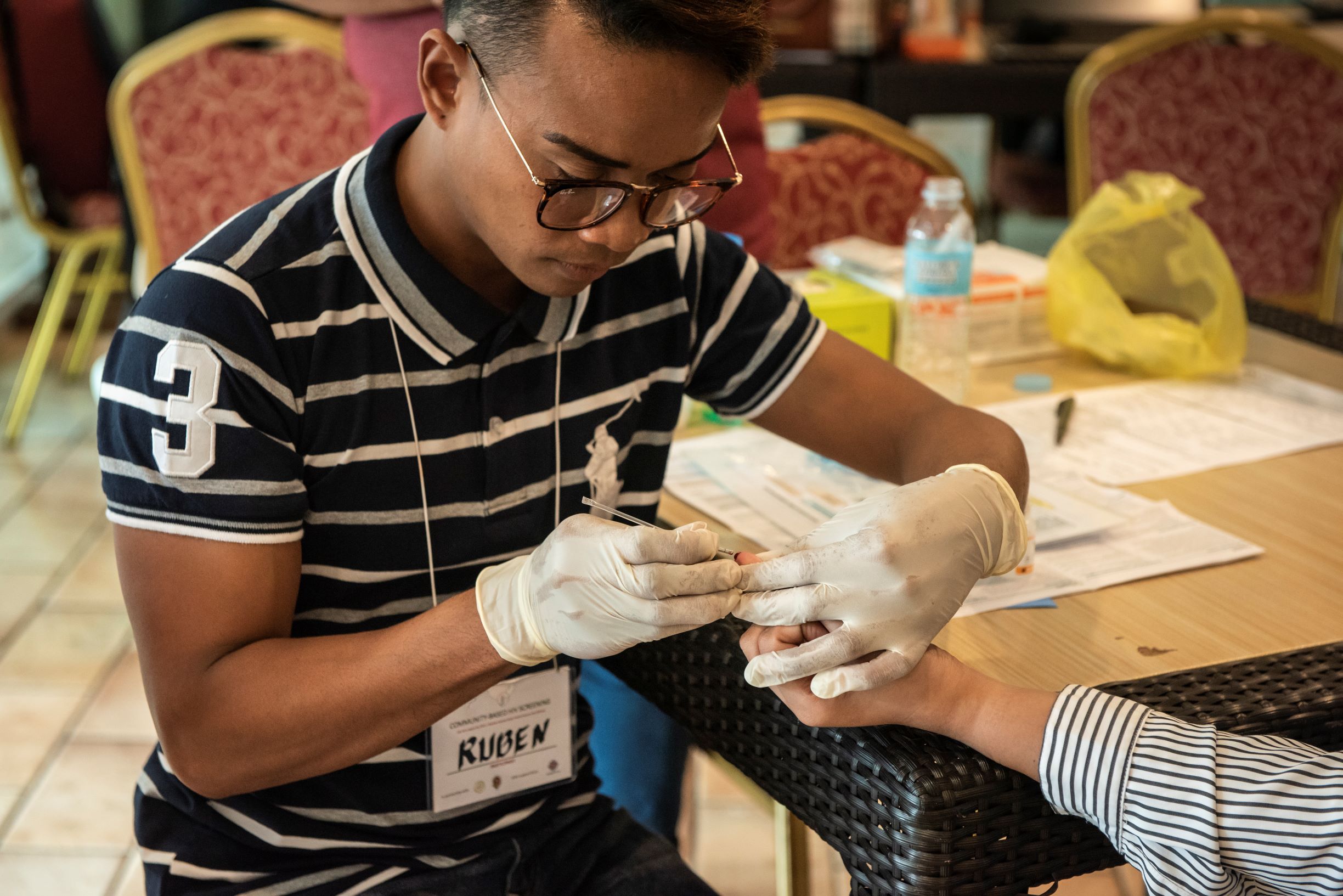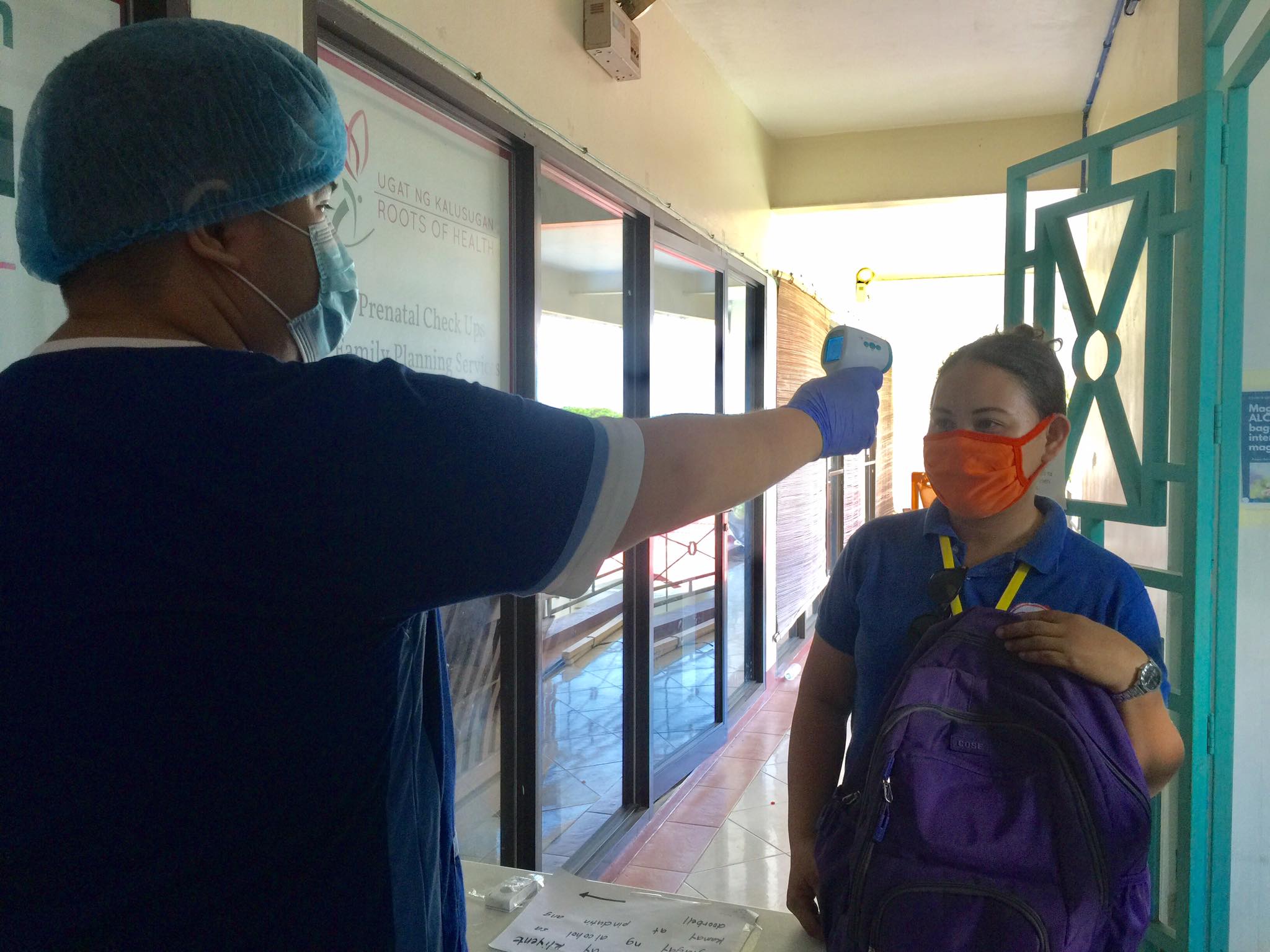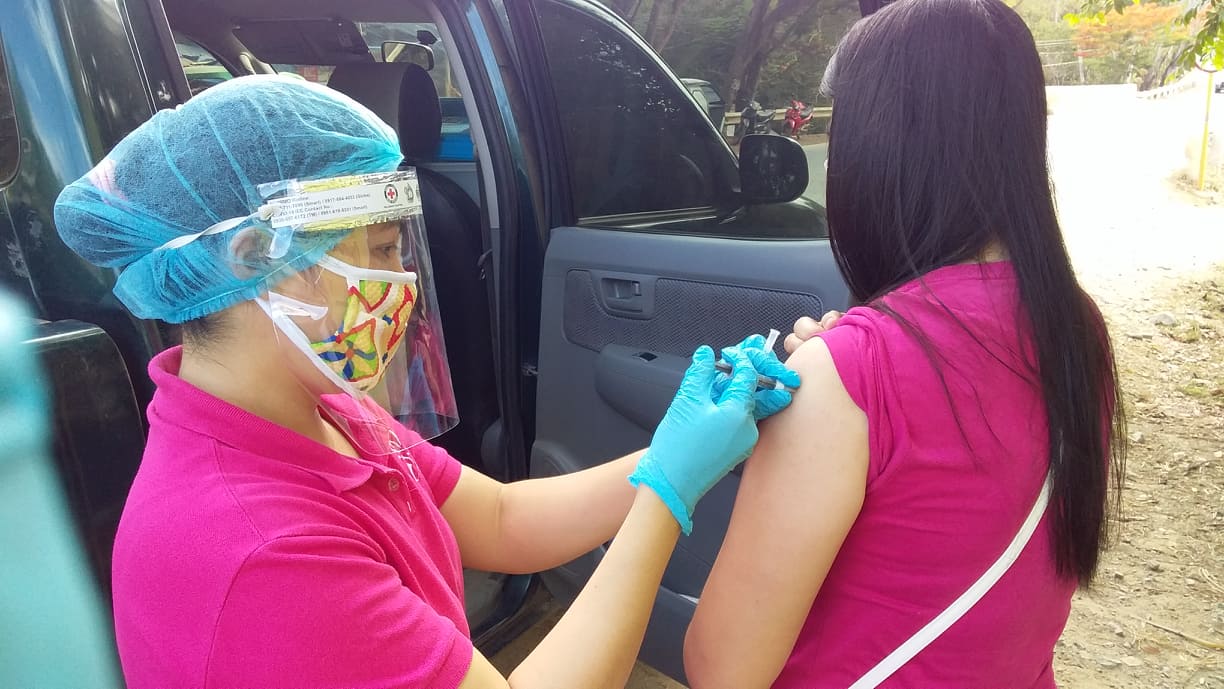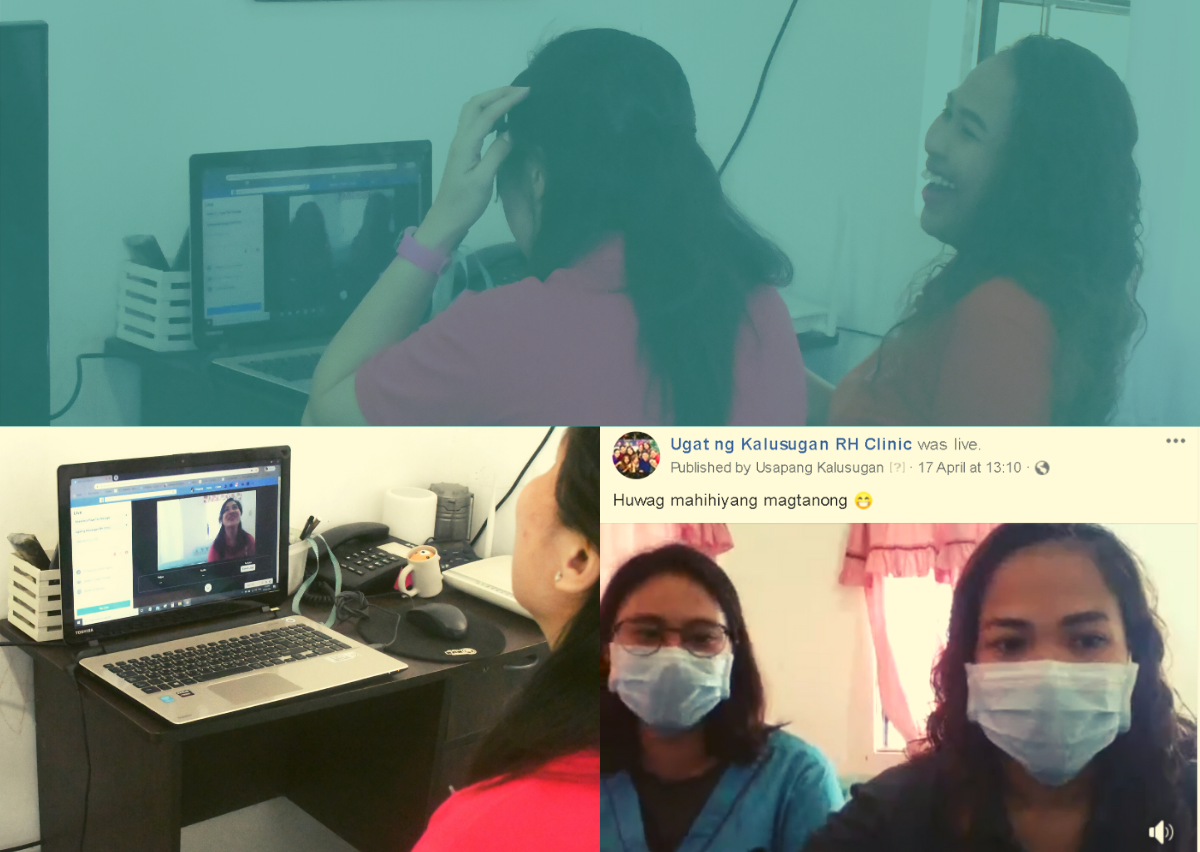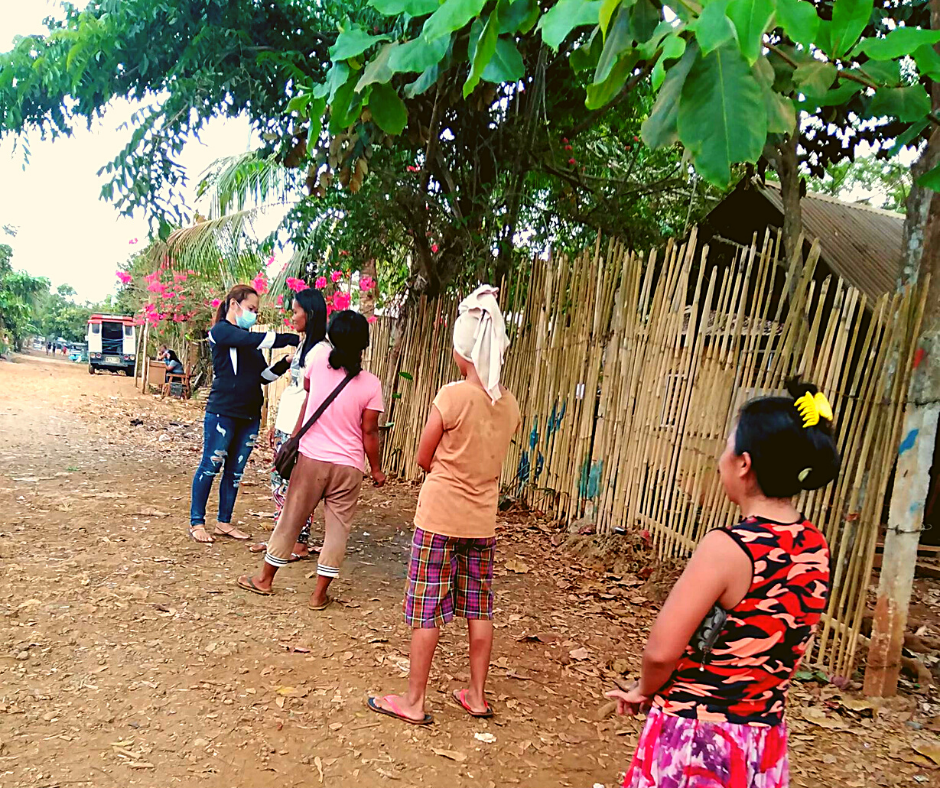09
Jul 2021
Roots of Health Launches Guide on Providing Continued Reproductive Health Services During COVID-19
by Romar Miranda Puerto Princesa City, Palawan, PHILIPPINES―In an effort to help address the reproductive health disparities and vulnerabilities that women and young people face during the COVID-19 pandemic, Roots of Health (ROH), in partnership with WomenStrong International, is launching its Learning Product, “Communities, Contraceptives and COVID-19: Ensuring Continued Access to Reproductive Health Services in the New Normal” on Friday, July 9, 2021. The Learning Product was ROH’s brainchild after
13
Oct 2020
Reproductive Health in Disasters
A disaster can make people forget about existing problems, but it doesn’t make them disappear. In fact, a disaster is more likely to worsen existing inequalities and vulnerabilities. In celebration of International Day for Disaster Reduction, Roots of Health takes a stand for reproductive health services. Birth control, prenatal care, and HIV testing and treatment remain essential as we build disaster-resilient communities, and especially more so in immediate disaster response.
Can an internship from home still be fulfilling? A development studies senior shares her experience as a Roots of Health summer intern.
The only midwife in town could’ve been in high school with their mom. The pharmacist goes to the same church. Someone could be eavesdropping at the hospital and hear them asking about an HIV test. In places like Palawan, Philippines, where almost everyone knows everyone, young people often fear getting a pregnancy test, an HIV test, or contraceptives. To them, accessing services could mean other people finding out that they
Photo by Katherine Jack, August 2019 HIV did not disappear because of COVID-19. In fact, it could get even worse. We’re seeing more positive cases in our clinics since lockdown restrictions have eased up and more people can go out to get tested. Still, many people find it hard to access testing and treatment for HIV. Restrictions to movement of people and supplies are still in place. This could lead
Women and girls in Palawan are once again welcome to visit our clinic for free reproductive health services. Quarantine restrictions have eased up, and essential health facilities are now allowed to reopen. But we’re not letting our guards down. From the moment each of our clients show up at our door until they leave, we apply best practices to prevent COVID-19 from spreading. Each client needs to schedule an appointment
Joy* wanted to meet up in a hidden alley, a few blocks away from her home. Strangers passing by might wonder what sneaky business she’s up to, as a needle pokes into her arm and she breathes a sigh of relief. But she isn’t doing anything illegal—she’s just getting a birth control shot. Like Joy, many Filipina women and girls have to hide the fact that they use contraceptives. Their
Pulling out works all the time. Missing your period while on birth control is unhealthy because it keeps the dirty blood inside your body. Pap smears “clean” the uterus. Birth control pills cause cancer because the actual pills clog the ovaries. As outrageous as these may sound, many people still believe these myths. Wrong information about birth control, family planning and sexual and reproductive health is all too common in
Because of strict COVID-19 lockdown rules, women can’t even visit a health facility or pharmacy two blocks away to get birth control. Meanwhile, contraceptive supplies are dwindling in health facilities due to supply chain disruptions. This could lead to a surge in unplanned pregnancies. An unplanned pregnancy disrupts a woman’s life in so many ways—even more so during a pandemic of this magnitude. With little to no opportunities to work,
